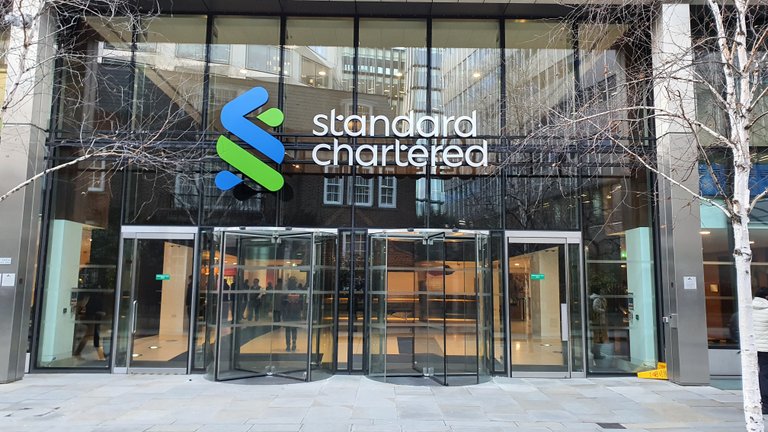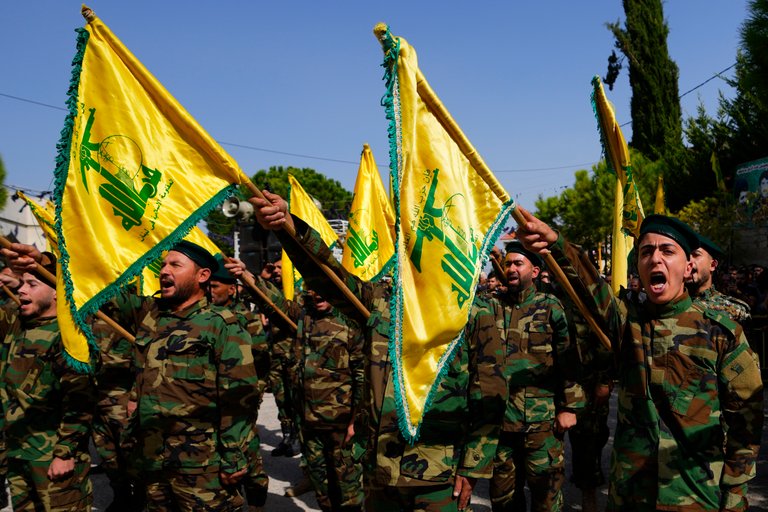Standard Chartered
In recent years, Standard Chartered Bank, one of Britain's prominent financial institutions, has found itself entangled in a complex web of controversy. Allegations have surfaced implicating the bank in activities that indirectly fund terrorism, all the while imposing stringent measures that make it difficult for regular customers to deposit substantial sums of cash. This duality raises significant concerns about the bank's practices and priorities, painting a troubling picture of its operational ethics.
Allegations of Terror Financing
The crux of the allegations lies in Standard Chartered’s insufficient due diligence and monitoring of suspicious activities. Reports suggest that the bank's internal controls were inadequate, allowing high-risk transactions to slip through without appropriate scrutiny. This failure not only violates international AML regulations but also poses a severe threat to global security by enabling the flow of funds to entities that support terrorism.

Headquarters of Standard Chartered in London, Image source: Wikipedia
Stricter Controls on Cash Deposits
Customers now face a maze of bureaucratic hurdles when attempting to deposit substantial amounts. These include extensive documentation requirements, prolonged verification processes, and, in some cases, outright refusals. The bank's rationale for these stringent measures is to prevent money laundering and ensure that all transactions are transparent and legitimate. However, for many customers, these policies have created significant inconvenience and frustration.
The Duality of Standards
Critics argue that this inconsistency reflects a deeper issue within the bank’s compliance culture. They contend that the stringent measures on cash deposits serve more as a public relations move to demonstrate the bank's commitment to AML and CTF regulations, rather than as a genuinely effective strategy. Meanwhile, the lapses in monitoring high-risk transactions suggest a potential prioritization of profit over security, as facilitating large, questionable transactions can be lucrative.

Hezbollah fighters, image source AP
Double Standard Chartered
The allegations against Standard Chartered Bank for indirectly funding terrorism, coupled with its rigid policies on cash deposits, present a troubling dichotomy. This situation calls for a thorough reassessment of the bank's compliance strategies and operational priorities. Ensuring robust monitoring systems for high-risk transactions is crucial to curbing the financing of terrorism. Simultaneously, there needs to be a balanced approach that does not unduly burden regular customers. As global financial institutions navigate the complexities of security and compliance, the case of Standard Chartered serves as a stark reminder of the importance of integrity and accountability in the banking sector.
Sincerely,
Pele23
Posted Using InLeo Alpha